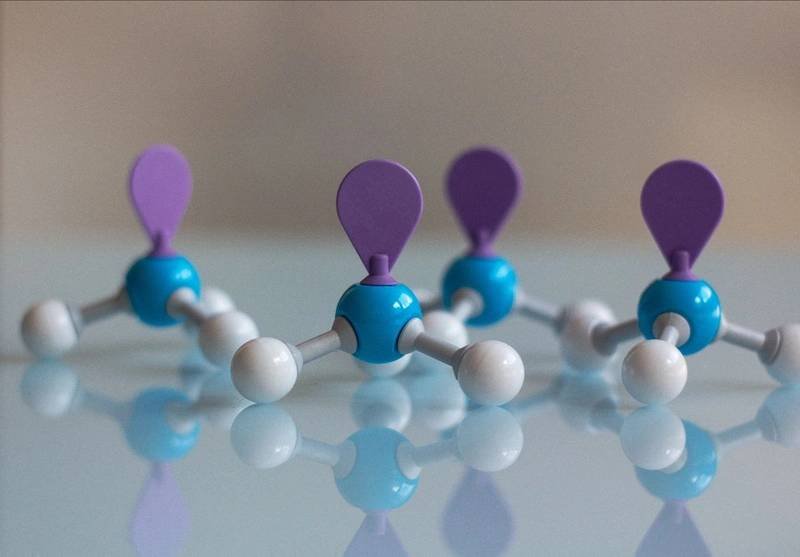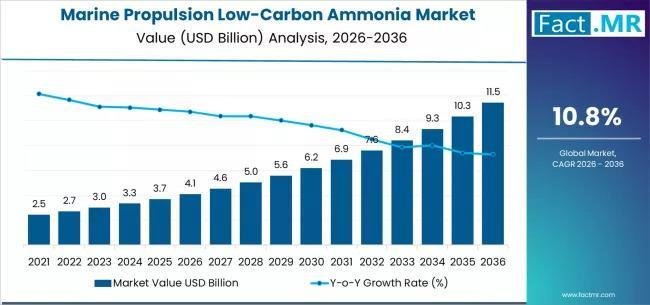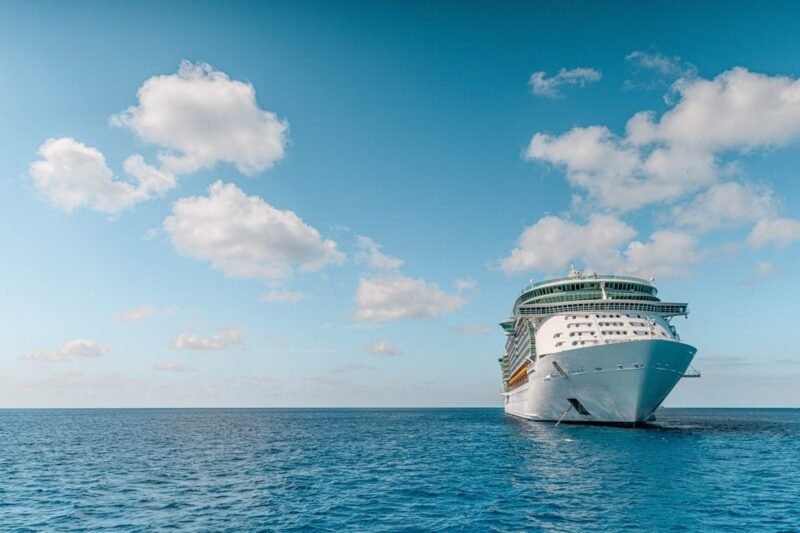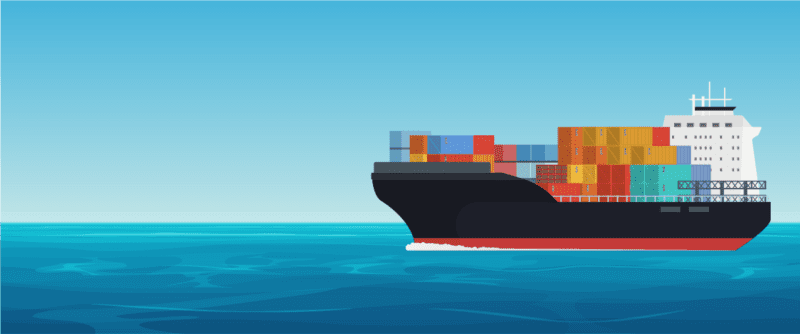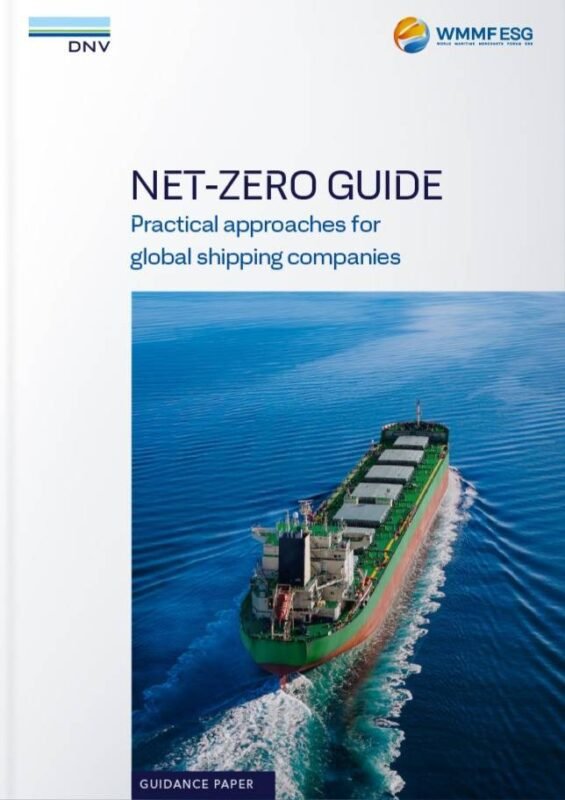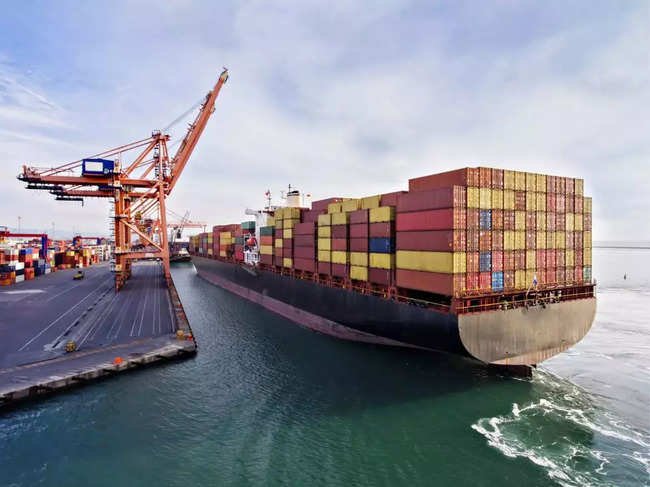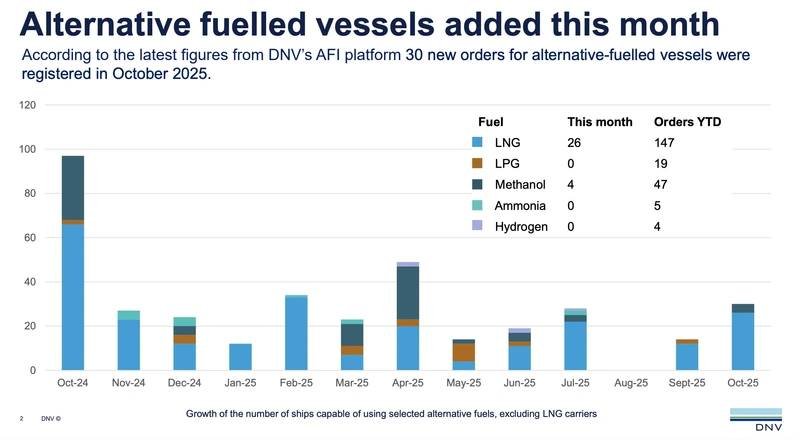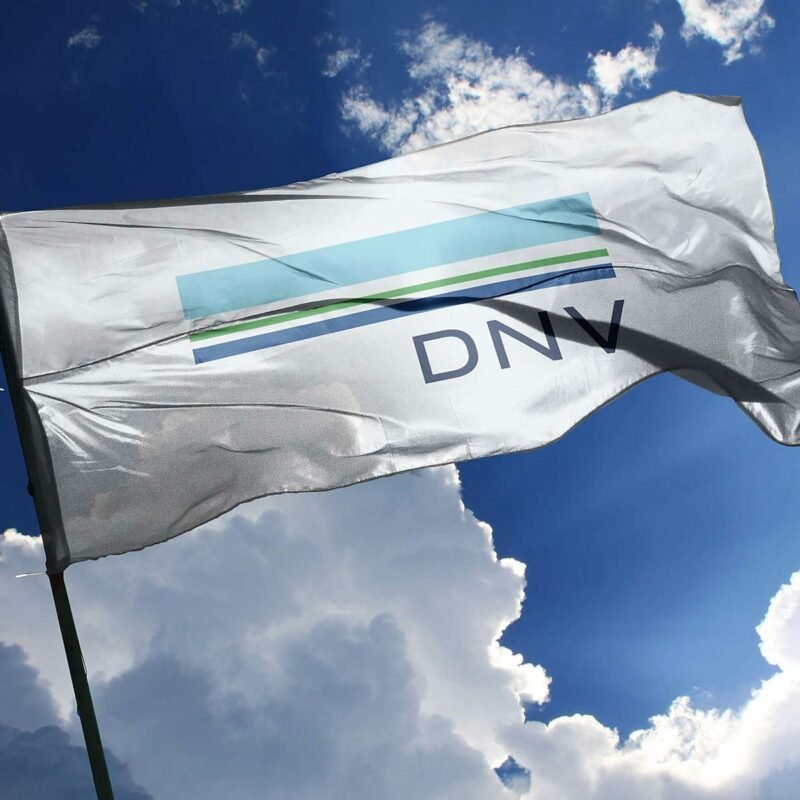DNV has recently introduced a competence standard for methanol and a recommended practice for ammonia in order to address the safety risks and challenges associated with the adoption of new alternative fuels and technologies in the maritime industry. As the push for decarbonization in shipping continues, the use of these new fuels is crucial, but it also requires robust safety and competence frameworks to ensure safe operations.
According to DNV’s Alternative Fuels Insights platform, there is a growing number of vessels being ordered with alternative-fueled capability, with 27 ammonia-fueled and 322 methanol-fueled vessels currently on the orderbooks. To ensure the safe operation of these vessels as they come into service, it is essential for shipboard crew to have the necessary knowledge, skills, and adherence to updated processes and procedures.
The newly released DNV competence standard for methanol and recommended practice for ammonia apply to shipboard crew on vessels using these fuels. These standards outline the expected competencies for using methanol and ammonia onboard, enabling the assessment and verification of an individual’s knowledge and skills to operate and maintain systems and equipment safely. Collaborating with industry partners, DNV developed these standards to support the safe adoption of new fuels and technologies in maritime operations.
Knut Ørbeck-Nilssen, CEO of DNV Maritime, emphasized the importance of competence development in managing the transition to new fuels and technologies safely. He highlighted the need to support both seafarers and onshore personnel to ensure safe operations and avoid any safety gaps that could jeopardize crew, assets, the environment, and decarbonization efforts. Embracing new fuels and technologies is crucial for achieving decarbonization goals, but it also introduces new risks that must be managed effectively.
Share it now








